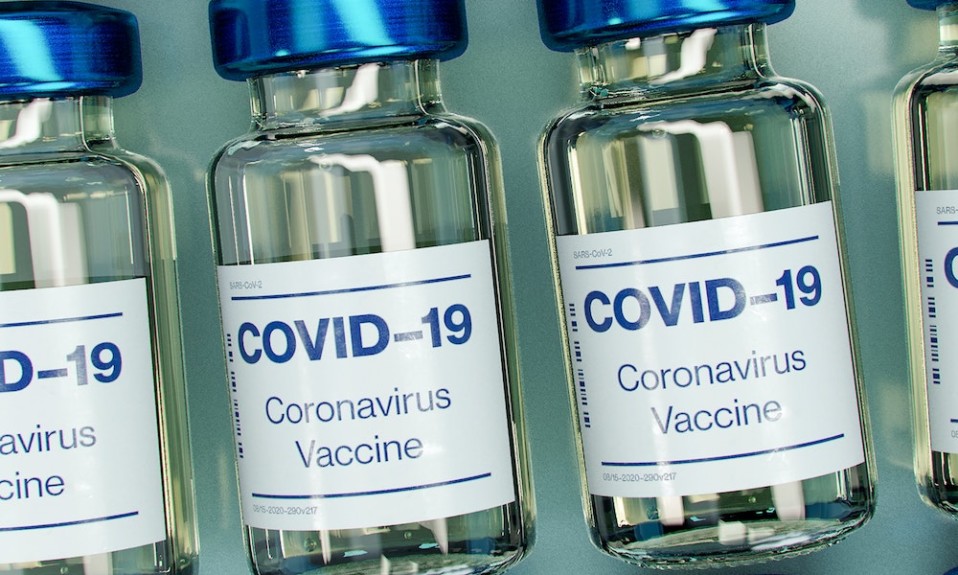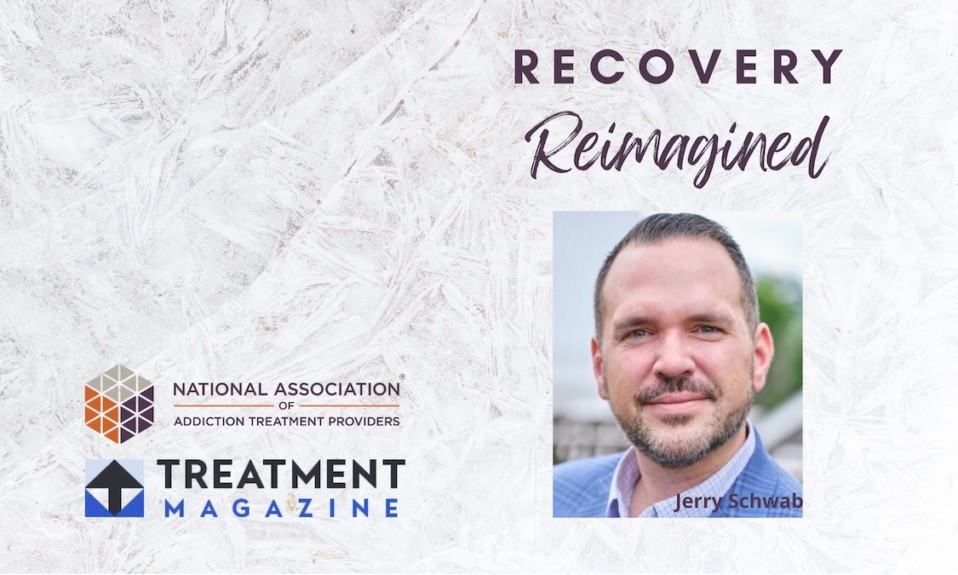That said, one organization, the Hazelden Betty Ford Foundation, has made progress that can serve as an example for everyone else
By William Wagner
To jab or not to jab? When it comes to getting their staffs vaccinated against COVID-19, that is the question addiction treatment centers still are trying to fully address, even as the highly contagious Delta variant has raised the stakes.
Since the COVID vaccine was first rolled out in December 2020, treatment center leaders have been plotting ways to get shots into the arms of their workers. But making that happen has been somewhat tricky, says Annie Peters, Ph.D., director of research and education for the National Association of Addiction Treatment Providers (NAATP), which has a membership of more than 1,000 facilities.
“The consensus [among NAATP board members upon rollout] was, We’d like to mandate vaccines because we believe it’s really an ethical imperative, but there are concerns that it would make us liable if a person were to have an adverse event,” Peters says. “And, of course, when you mandate, you have to provide opportunity for accommodations. My understanding is that the EEOC [Equal Employment Opportunity Commission] doesn’t prohibit mandating vaccines, but it recommends encouraging [instead], and there are laws like the Americans with Disabilities Act and the Civil Rights Act that say you should allow for exemptions if the person has a medical reason not to take it or a strong religious reason.”
Peters says treatment centers are “trying to get as close to mandating as they feel comfortable with,” but that there’s no way to know for certain what the staff vaccination percentages are industrywide.
Leading the Way
It can confidently be said, however, that one treatment organization, the Hazelden Betty Ford Foundation, is at the head of the pack. The national provider recently announced that nearly 90% of its employees have been vaccinated. In a news release marking the milestone, Hazelden said that it “quietly announced its vaccine requirement to staff” and then got to work.
It has been a significant effort, and the approach has worked. We continue to hear gratitude from both patients and team members who appreciate the uncompromising commitment to safety and our mission.”—Joseph Lee, president and CEO, Hazelden Betty Ford Foundation
“We knew early on that having a vaccinated workforce would be essential, so we decided in May to require vaccinations, incentivize them with small prizes, listen to employee concerns, provide helpful information, establish a declination option, develop a documentation process and communicate often and in a variety of ways about our progress,” Joseph Lee, M.D., president and CEO of Hazelden Betty Ford, said. “It has been a significant effort, and the approach has worked. We continue to hear gratitude from both patients and team members who appreciate the uncompromising commitment to safety and our mission.”
Why Vaccinations Are So Important in Addiction Treatment

Making sure a staff is vaccinated against COVID is of particular importance in the addiction treatment field. In an interview last year with TreatmentMagazine.com, Lorenzo Leggio, M.D., Ph.D., M.Sc., senior investigator for the joint National Institute on Alcohol Abuse and Alcoholism (NIAA)-National Institute on Drug Abuse (NIDA) Section on Clinical Psychoneuroendocrinology and Neuropsychopharmacology, explained why:
“Patients with alcohol and substance use disorders do have an increased risk of infections—not just COVID but infections in general. In part, this is because alcohol and drugs damage the immune system. They make your immune system vulnerable, which increases your risk of getting infections.
“To make things more complicated, these are patients who also may have medical problems to begin with. For example, patients with addiction often have riskier [behaviors]; think about smoking. Also, they tend to be more prone to cardiovascular problems, including hypertension and heart issues. Other organs are damaged, too. And then when they get an infection—compared to someone who’s healthy—they have multi-organ medical problems. The body is less able to fight against the virus, and this leads the body to be more susceptible to complications from it.”
Or as Peters says, “The last thing we want to do when patients come into treatment is to make them sicker.”
Treatment centers are welcome to share their staff vaccination percentages with us at info@treatmentmagazine.com.
Top photo: Daniel Schludi














